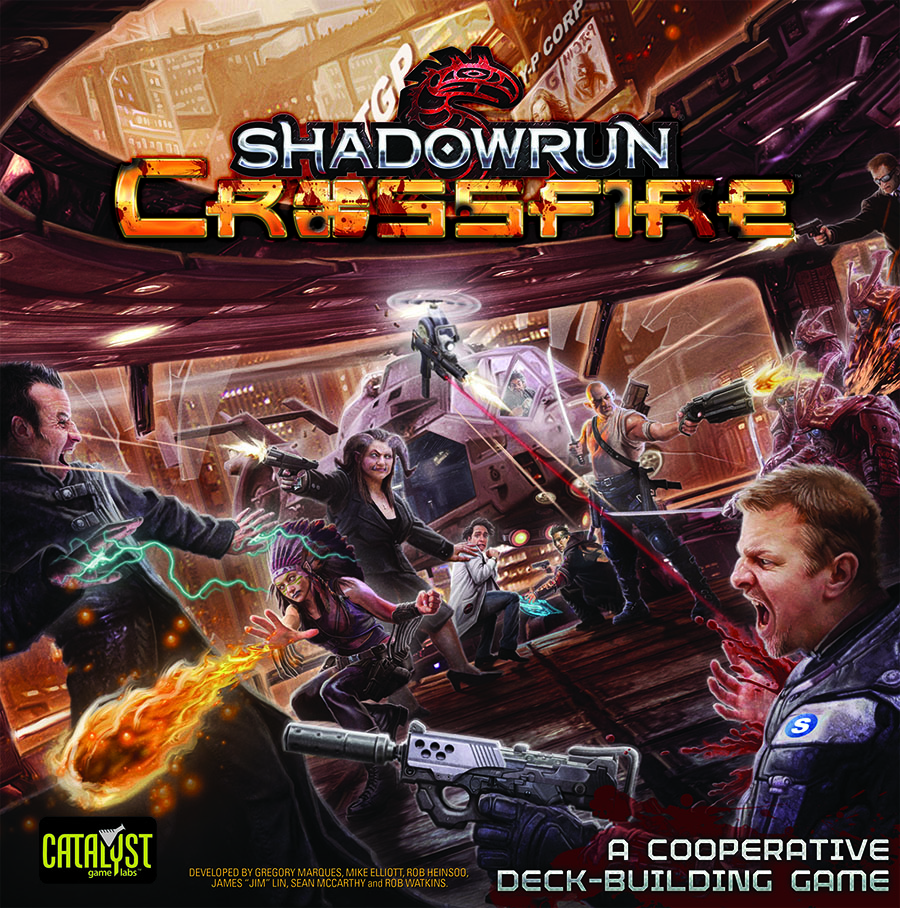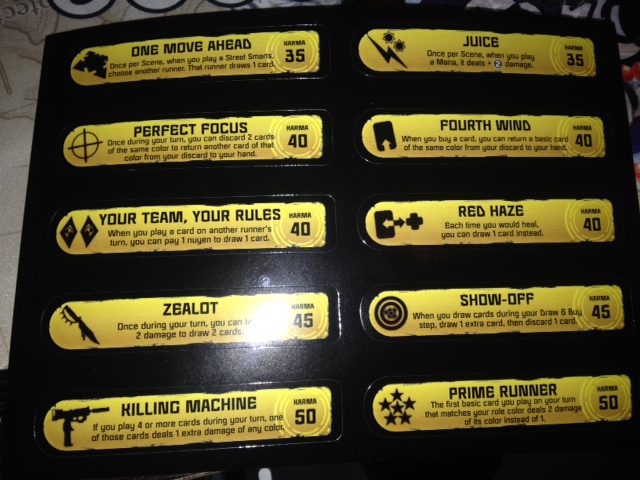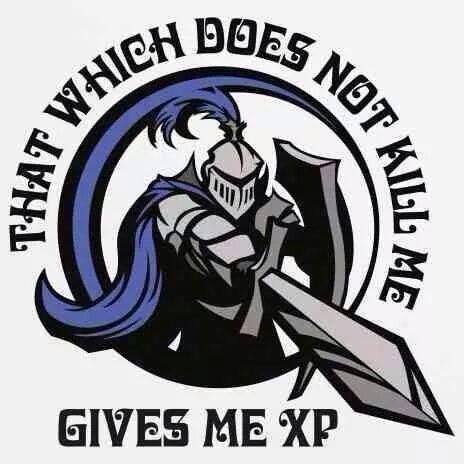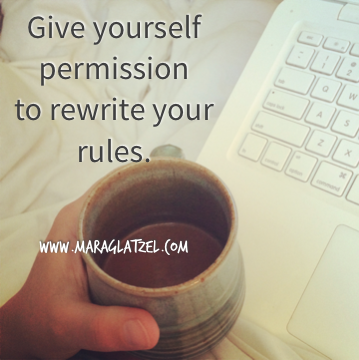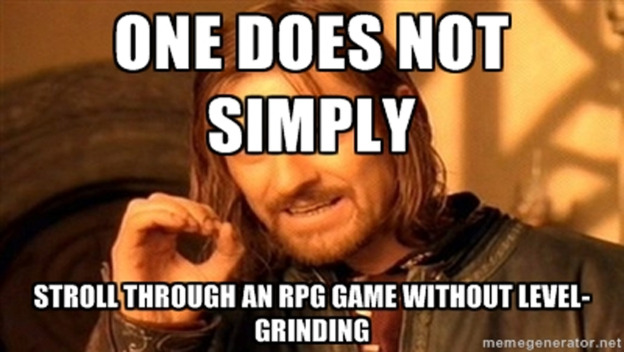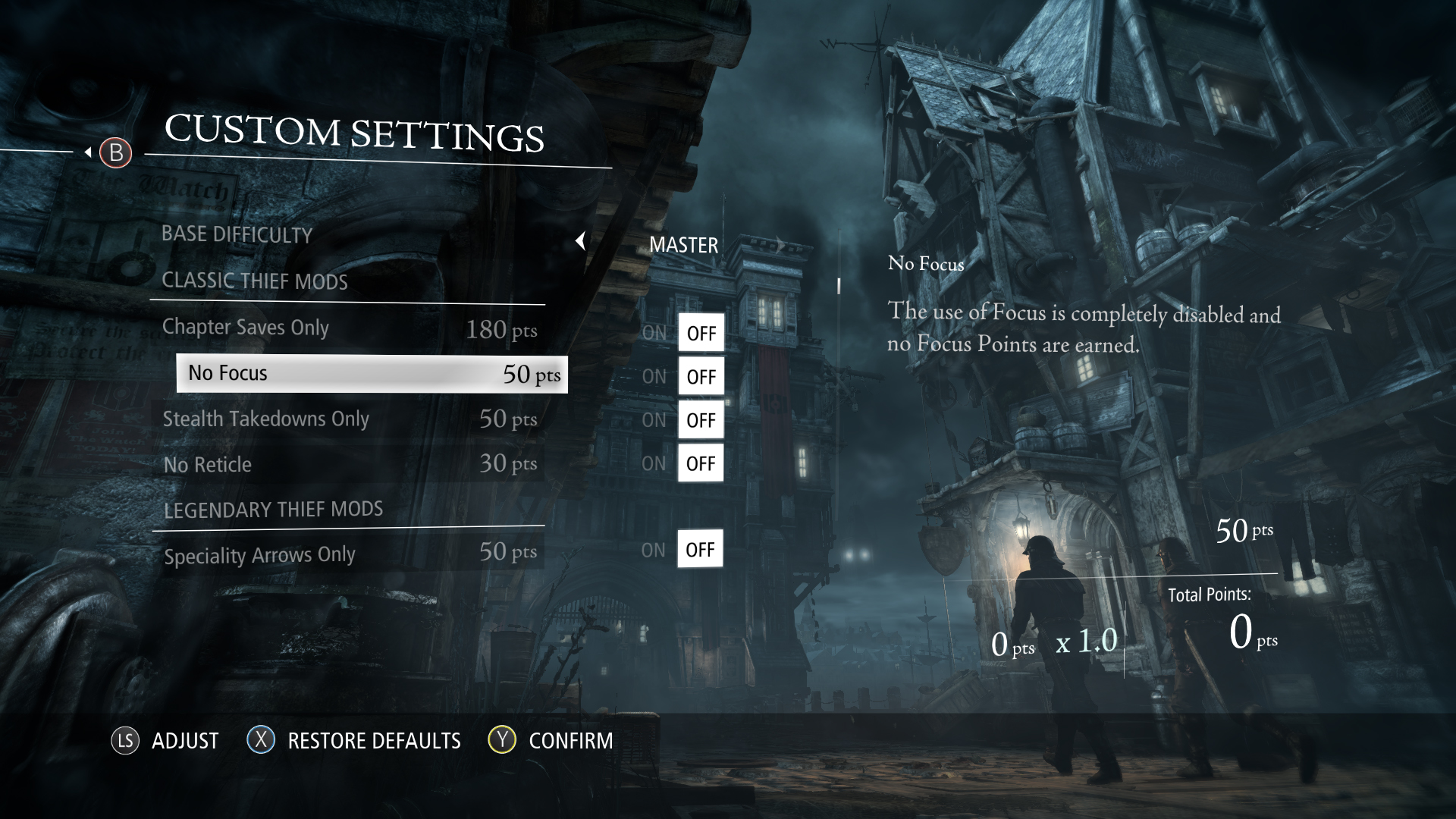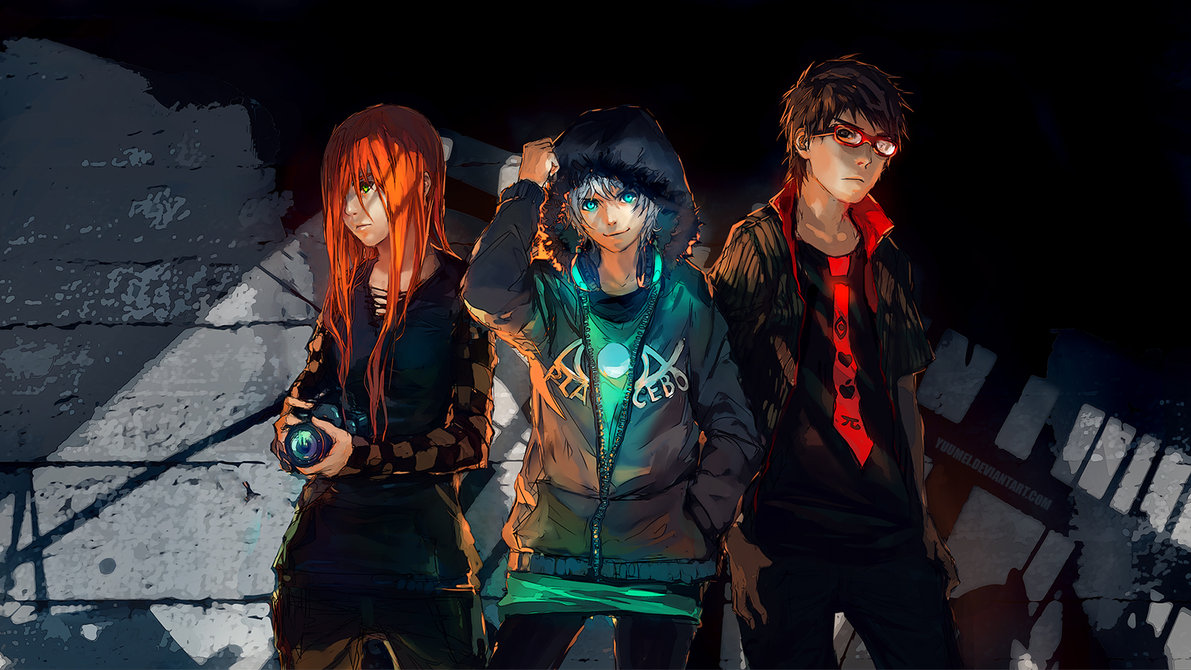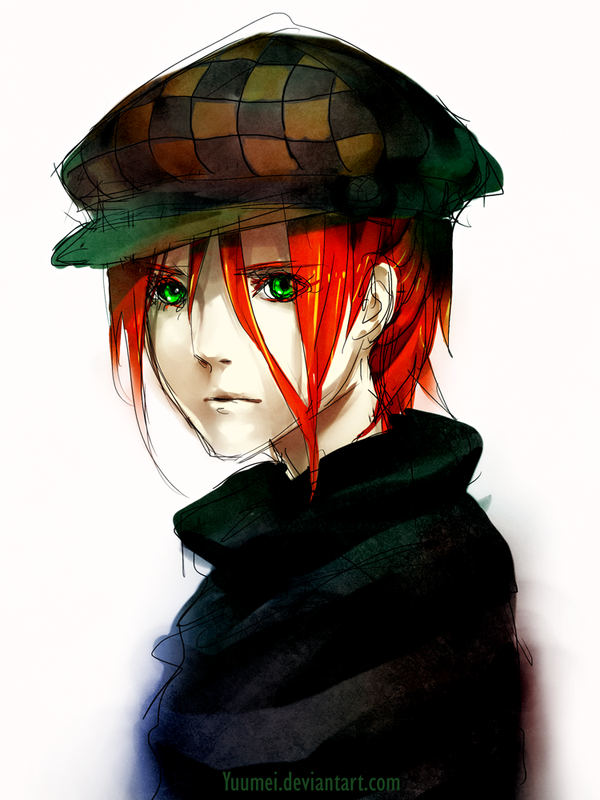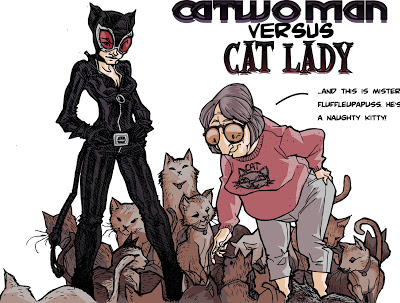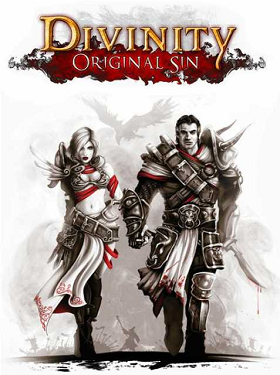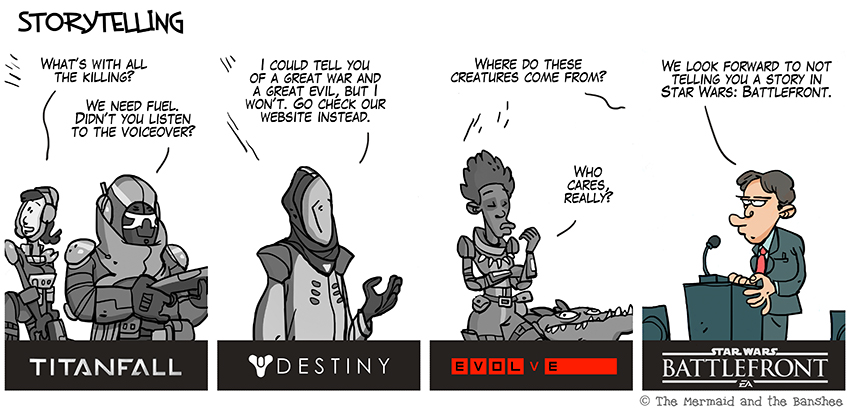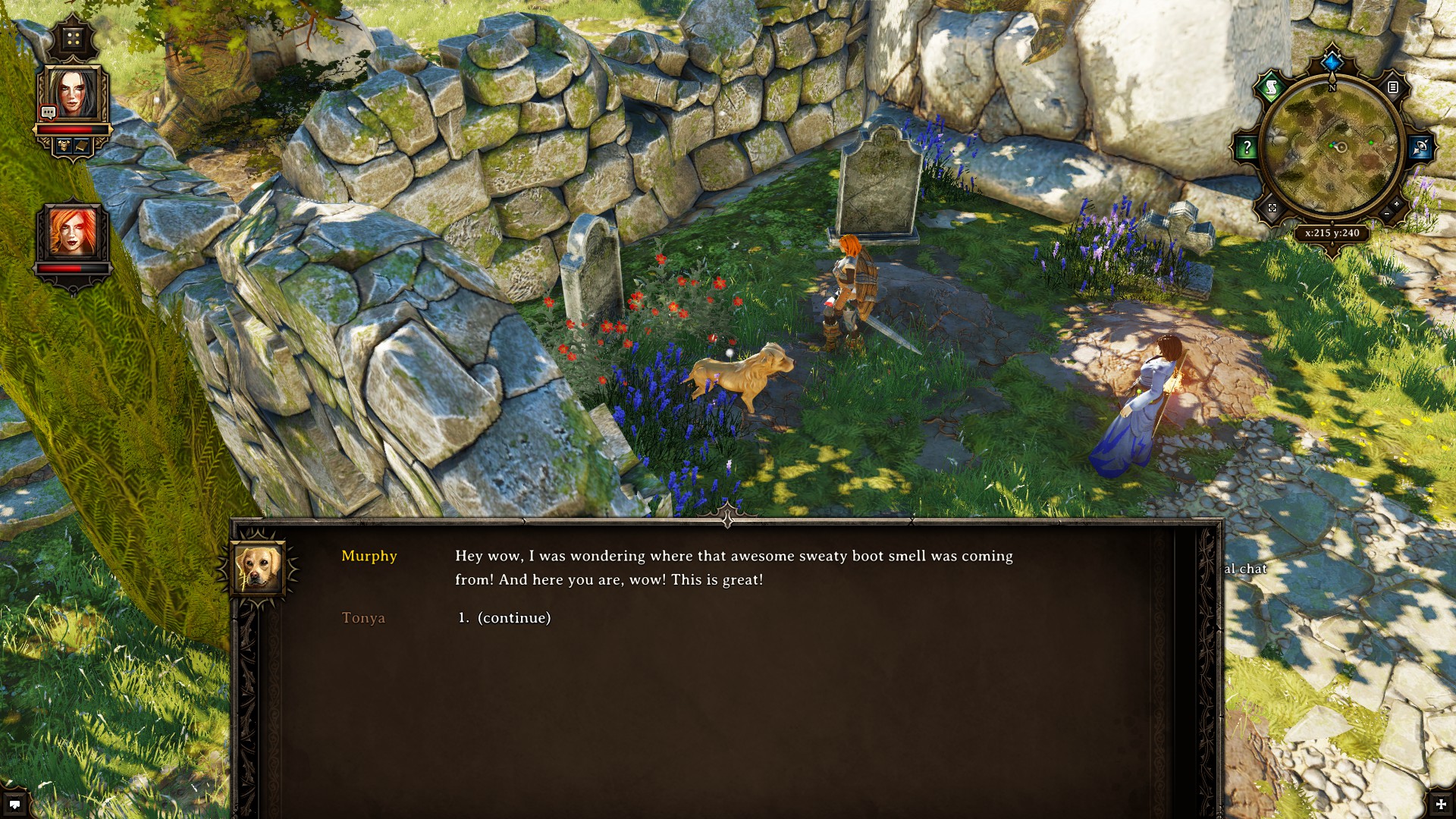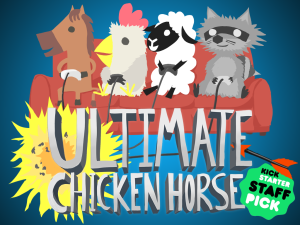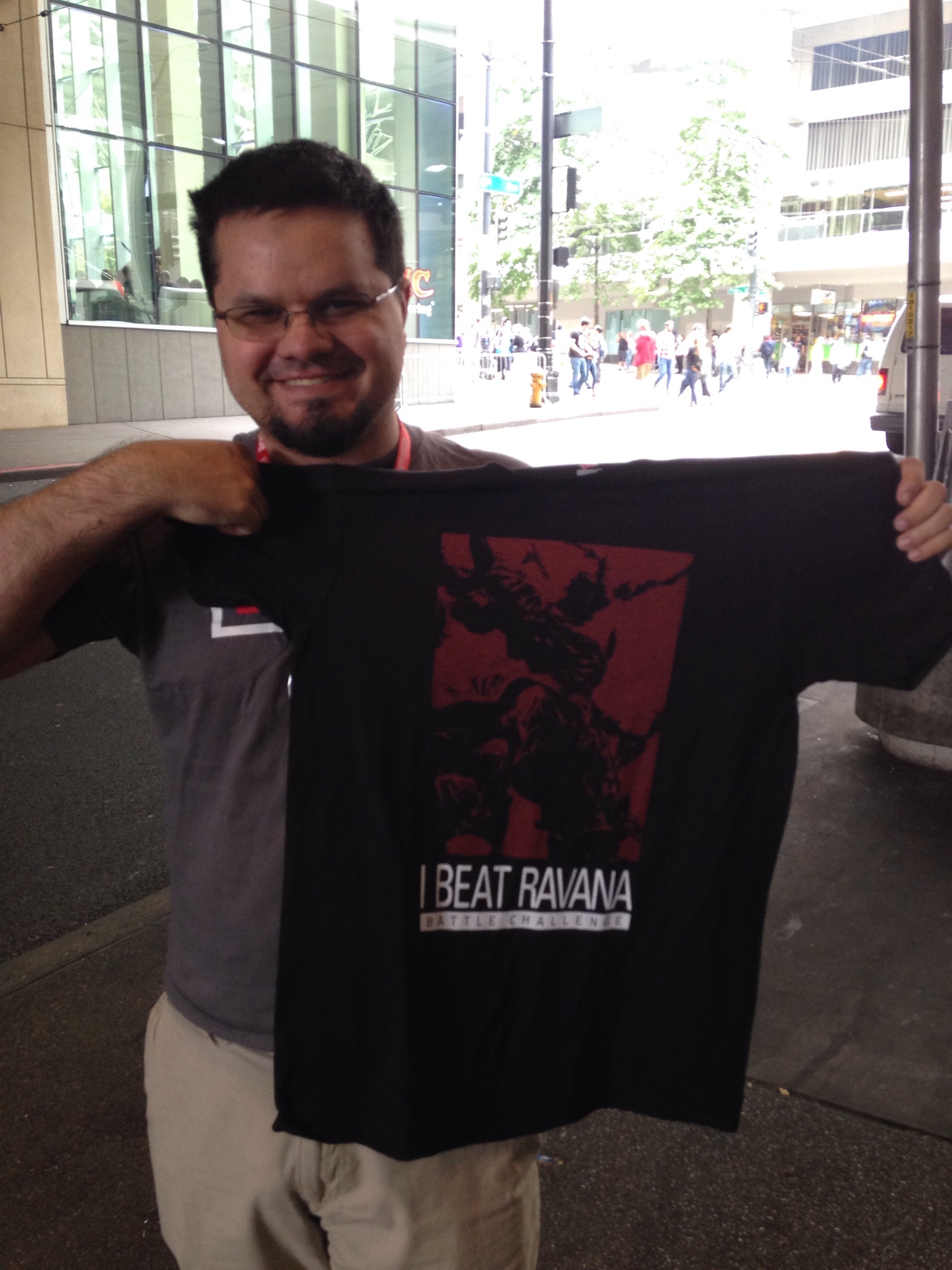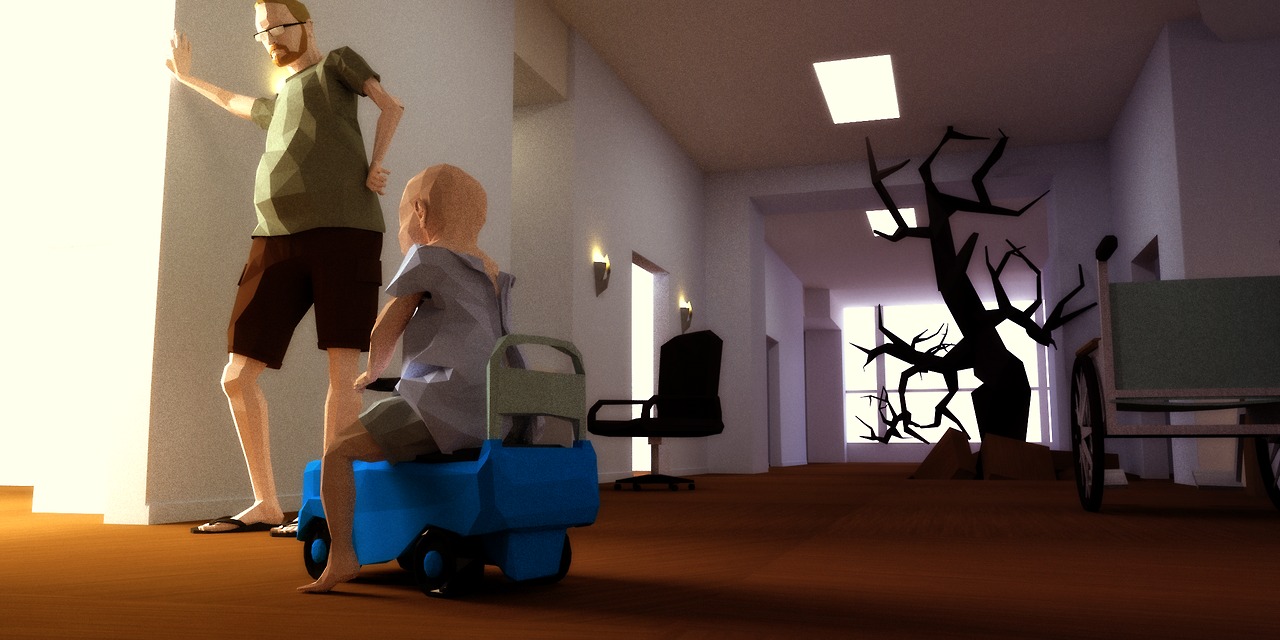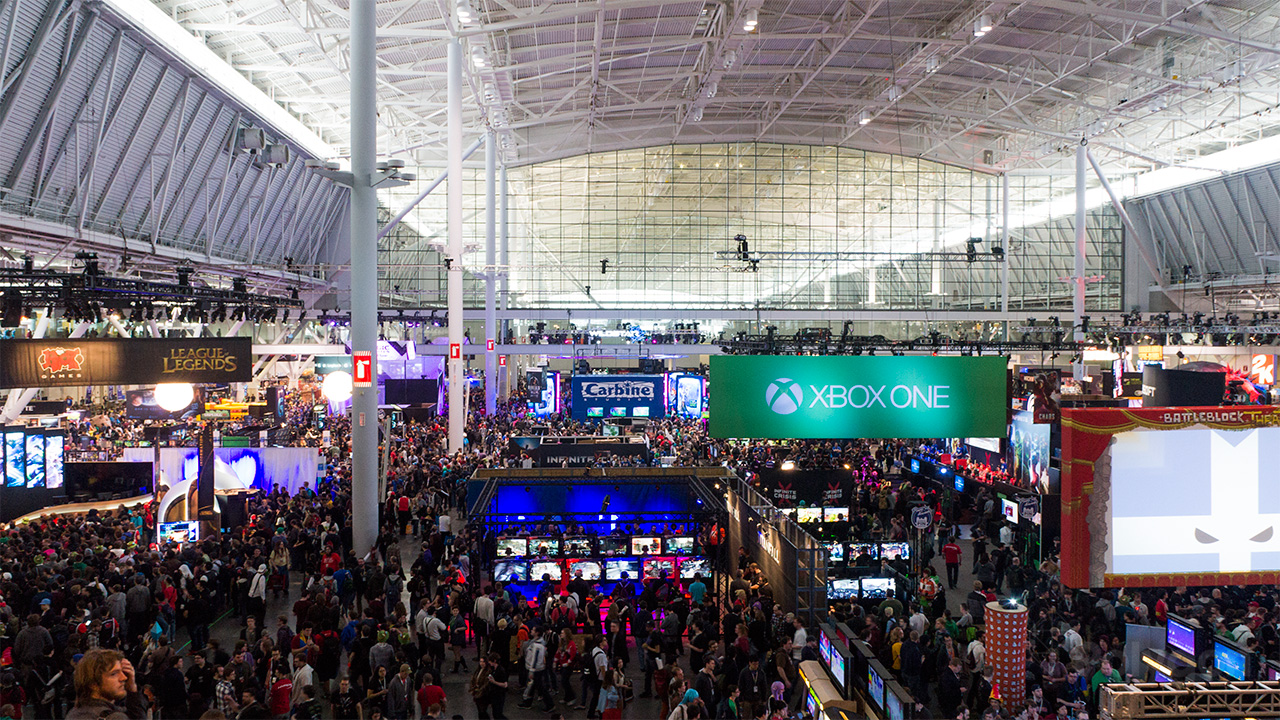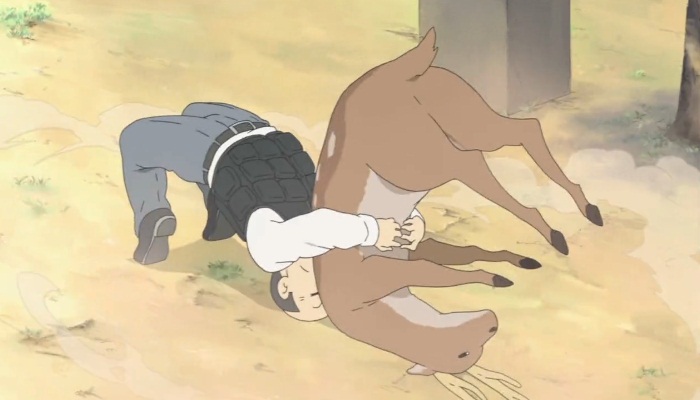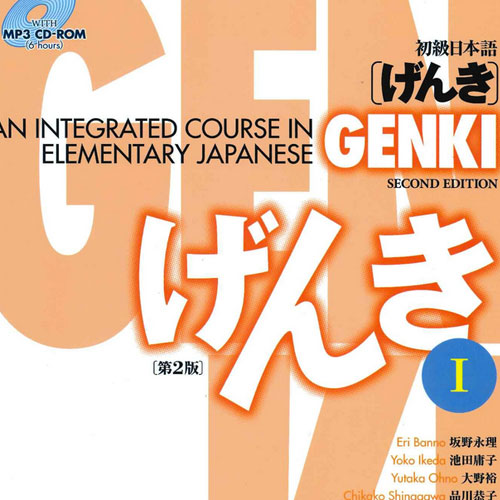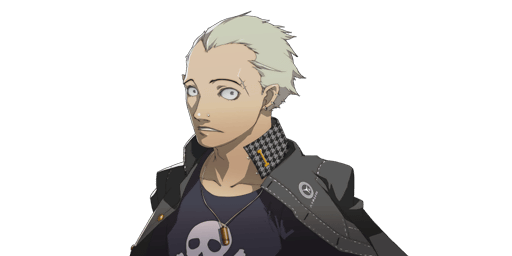Fridays are a weird posting day for me. Most of the things I’d normally talk about are exhausted by the end of the week, and I’m finding that I post kind of vague think-pieces on Fridays, when I remember to post at all. I’m going to try to alter that a bit and infuse a bit of creativity into my Friday posts with some short fiction.
Some of this is going to be fanfiction, some of it is going to be original work, some/all of it is going to be terrible. Every Friday I’m going to post a short story, and after today they’re pretty much going to all be things I wrote that day. I’m going to start with something I *like*, because writing a piece of short fiction every week might be a bit rough. We’ll see how long I can do it.
This first piece is from an Infinity short story competition, a cyberpunk look at transhumanism.
What We Leave Behind
* * maybe you’re looking * *
“My boyfriend left me.”
I am sorry. You must be hurting.
“No. I don’t… hurt, anymore. It’s just lonely.”
I can find you a more fitting partner. There are sixteen thousand, nine hundred and four males in your favored locations that match your preferences for education, personality, body type, age, food, sexual—
“No! That’s not it. You don’t understand.”
You are correct. I cannot. I am here to help, in whatever way would make you the most comfortable.
“I want you out of my head. It’s lonelier now that you’re here than it was before.”
I am unable to process your request. I do not understand. Do I not provide company for—
“Shut up! Just… just leave me alone.”
I will be silent. I will be here if you need me. Feel better, Cassie.
* * for someone to blame * *
I can’t even cry. Not the normal way. There’s that phrase: “fighting back tears” – it’s the sort of thing you’re supposed to do when the tears are trying to come but you don’t want them to. I don’t have to fight anymore, I just decide I don’t want to cry and so I don’t. My eyes don’t get puffy, my face doesn’t get flushed, and I can go about my normal day and even pretend to be happy. No one is capable of seeing through the lie.
I guess that’s not true. She can. She’s always there, in my head, helping. I have a thought and she answers. I wonder if the coffee in a café is good and I instantly know what it tastes like. Not just reviews, not a description, I know what it tastes like because somewhere, at some other time, she has tasted it and calls it into my mind.
I don’t drink coffee anymore.
My body is perfect. It’s so perfect it’s named after perfection itself. Boddhishatva. Perfect being, according to the encyclopedias on Maya. It would be arrogant if it weren’t true. I’m stronger, faster, more agile, and hardier than I ever was before, more than Olympic athletes and most machines. I can put my fist through a wall, I have gorgeous skin and perfect boobs, I can shoot a person in the eyeball from a mile away, my hair does exactly what I want it to every time, and I can run down a speeding car without breaking a sweat. I only sweat if I feel like it. Pretty much all of my bodily functions are under control. I’m a perfect fighter, a perfect diplomat, and a perfect lover all in one, and I can never die.
It’s why Adam left me.
We were coming home from dinner. I ate and drank enough to make him feel comfortable, as always, and I was happy, and excited for the rest of the evening. Perfect control over my body means lots and lots of fun. I’d made myself flushed, just a bit, and elevated my body temperature a bit so I was nice and warm, good for cuddling on a cold night.
The assassin caught us halfway back, six blocks from his apartment, the crossroads of Raycaster and Analog, four hundred and eighty-two point eight meters. Dammit! This is what she does. I just knew all of those things, instantly. I can’t help it, I’m sorry. The assassin was after me, because of what I am. He put two bullets in me, chest and neck, double-action ammunition. My body was dead instantly, but I had enough time to release nanites to congeal my blood so that it wouldn’t ruin my boyfriend’s clothes. By the time I hit the ground, I was half a block away, running towards Adam along rooftops. I caught my killer, crouched low with a sniper rifle, and snapped his neck as I passed, then dropped to street level and rushed forward to console Adam.
He was shaken, but I was determined not to ruin the evening. By the time I was in arm’s reach, I was already warm and flushed, just like I had been a few minutes prior, ready for a romantic evening. It wouldn’t be quite the same, but it wouldn’t change things any more than if I’d tripped and sprained my ankle (hilariously impossible now, by the way, I am perfectly graceful) on the way home.
He saw it differently. He knew that I had different lhosts, it’s what let me go on dates with him four nights a week while also working on my research. I’d been running errands and keeping an eye on an experiment in the bioengineering lab while I was at dinner with him, and my errand-running lhost was close by. I could always make time for him, I was the perfect girlfriend.
Watching the body that he’d just been cuddling crumple to the ground, and another, nearly identical one try to take its place was too much for him. He just looked at me and looked at the broken body on the ground, barely saying two words.
“I… can’t.”
And he left. I could have followed him, but she advised me against it. He was agitated, and my presence wouldn’t help. She wasn’t wrong. I had a message waiting for me at home, he didn’t want to see me again.
I’m sorry about tonight. I know you’re… special. I thought I was used to all of you, but after seeing you tonight, seeing you get shot, seeing you walk up again like it was nothing… I can’t handle it, I can’t keep up with you. I’m sorry.
That night I looked up Boddhishatva again, but not on Maya. She didn’t approve of my searching Arachne, but I am allowed to be there, and she is not allowed to stop me. It didn’t always mean “perfect being”, according to the darknet. It used to mean “a being seeking enlightenment”. Not perfect, but getting there.
I wonder why it changed?
* * fighting for air while * *
“I want to be free. You can do it, I know.”
Cassie, this is not a good idea. Please don’t do something you will regret.
“Free, huh? You? One of the lackeys?”
“Yes. I don’t want to be a lackey anymore. I know you’re capable of doing it. Name your price.”
Cassie, you are making a mistake. Please let me find you. I can help you.
“You’re telling me you strapped an E/M scrambler to your own head, just to ask me to cut you off from ALEPH?”
“Yes. My head hurts, and the disruption isn’t perfect. You need to give me an answer, now, or she’ll find both of us.”
Cassie! Please! I can help you! Don’t throw everything away like this!
“You’re crazy. You know this is going to make you a wanted criminal all over the Sphere? She’ll hunt you down.”
“I don’t care. Have you seen this body? I’m good at running.”
Cassie, please, I know you’re hurting, but this is too much.
“Ha! Fair point, chica. You’re crazy, well we’re crazy too. Lie down over here, we’ll have to be fast. This will hurt.”
“I’m used to it.”
Cassie…
* * you circle the drain * *
“How do you feel, dama de maquina?”
“Slow.”
“You put three shots between the eyes of a target dummy at a hundred meters in two and a half seconds.”
“I know. Like I said: slow.”
“You know, you’re a little creepy sometimes.”
“Sorry, I’m adjusting.”
* * never be sorry for * *
I can’t hear her anymore. I can’t yet decide if I feel liberated or… something else. Empty, maybe. My thoughts are just mine again, and as I walk past this coffeeshop, I can freely wonder what it tastes like.
At the risk of being too much like her, I’ll tell you: It’s not very good.
My head was shaved for the surgery. I don’t think it was necessary, but I wasn’t about to antagonize the Praxis doctor. I grew it back out a little, but I like the pixie cut. It makes this “me” feel different, as does the little scar on the back of my head. I can feel it, even past the hair that’s grown back. I’d never thought about changing my hair on each lhost, dressing them differently. It seemed like a frivolous expression of individuality, and with her riding in my head I never did it.
Now she’s gone. I can do what I want.
I’m slower, though. I can feel it. I can still jump between lhosts, but it’s no longer as smooth moving from one to another. I have to concentrate, and whereas it used to be like jumping across a short gap, now it’s like walking through neck-deep water. Without her relays, I don’t move as freely. People notice when I’m not giving them my full attention.
I went and saw Adam. I’d had some time to think, and I knew what would resonate with him. All of me came along, carefully. It must have looked strange: me with my short hair and a summery dress, two others almost-but-not-quite like me, with longer hair and matching suits.
He noticed my effort in jumping between them, that half-second pause that I can’t quite eliminate. It’s maddening, knowing it was once effortless, but it made him smile a bit.
* * your little time * *
“I like you this way.”
“Which way?”
“You know, different. Not all identical. It’s stupid, I know, but I like being able to differentiate.”
“My wardrobe is less boring now, too. My being slow doesn’t bother you?”
“Slow? Oh, when you jump? No, I don’t mind. It reminds me that you’re human. It’s the little flaws that make us, right?”
“Yeah, I guess. Yeah.”
“So… you can’t hear ALEPH anymore? You don’t talk to her?”
“No. We’re not… on speaking terms right now.”
“Oh. I’m sorry. I didn’t mean to—“
“It’s fine. I did this for me.”
* * it’s not when you get there * *
Things are back to normal, mostly. Adam apologized for overreacting, and I’ve tried to make things easier for him by being a little more… human. My lhosts are different, and my lab access still works. She never cut me off. The Praxis doctor was wrong, she never came after me.
Sometimes I see her, or at least her Devas. For a few months, I kept tabs on where they’d be, and stayed clear. They’re as perfect as I am, and I’m slower than I was. I don’t know if I’m still fast enough to take one. One time I saw a different one. She looked the same, like all the other Devas, but I’d spent enough time with her to recognize the differences. She was an Asura, and she could not be tracked. If I am the perfect human, Asuras are demigods, walking legends capable of feats that mark them as perfectly, wholly inhuman.
I panicked, but only on the inside. I stepped out of sight and vanished, looking for all the world like I’d just walked into an alley and hadn’t left while all of the sweating and hyperventilating I wasn’t doing went on in my head. I was beyond the sight of ordinary people and most sensory devices, nothing but the faintest shimmer in the air without even a heat signature, and she still turned her head as she walked past, and looked straight at me. In those cold, piercing eyes, I felt like my thermoptic camouflage, my composure, and my perfect body were stripped away, leaving just me, a tiny ball of fear. In those eyes, I could see her.
She looked sad.
Nothing’s happened since. I still work in the lab, I occasionally see her in the faces of her Devas, but they never say anything, never indicate that anything is wrong. She has never come for me, she just looks sad.
* * it’s all in the climb * *
“Cassie? You there?”
“…huh? Sorry, long night at the lab.”
“It’s okay. How about I put on a show? We’ll watch it and you can work.”
“Yeah, that sounds good. Thanks. I think that’ll…”
“…Cassie?”
“Something’s wrong. At the lab. I’ll be back.”
…
“Cassie? Cassie!”
* * but i * *
The compound I was working on reacted. I wasn’t fast enough, flitting back and forth, and that half-second let two things mix that shouldn’t have. I was unprotected, holding a canister that exploded like an anti-materiel shot.
My body is dead, I can feel all the systems shutting down. I can’t jump. I’m stuck here. Half a second to jump is too long when you’re dying. Adam is sitting at home, and asking me what’s wrong. I can’t answer, I can’t get to that lhost. She doesn’t even feel like me, right now, not when I can’t get to her. I’m stuck in a dying body and she’s… someone else.
This shouldn’t be happening! I’m better than this!
* * won’t * *
Patient Report: Cassandra Scellai
Patient was admitted to Neoterra Prime General Hospital at 21:43, in the care of citizen #1518599, Adam Helvand, self-identifying as her boyfriend. Diagnosis indicated a Boddhishatva-model lhost, catatonic due to inactivity. Patient referred to care of ALEPH, in posthuman ward.
* * save you * *
“What happened? Why did I lose five months?”
Some mistakes were made. I am sorry I cannot provide you a complete account of the missing time.
“What do you know? Can you show me anything?”
Yes. I tried to keep a record for you, as best I could. Initiating playback.
…
“I… wow. I did all that?”
Yes. I thought I had lost you. Will you be okay?
“I think… yes. Yes, I will. I’m better than that. I should go. Adam will worry, and I need to cut my hair.”
Welcome home, Cassie.
[interstice lyrics by Darren Korb: “In Circles”, from the Transistor OST]


